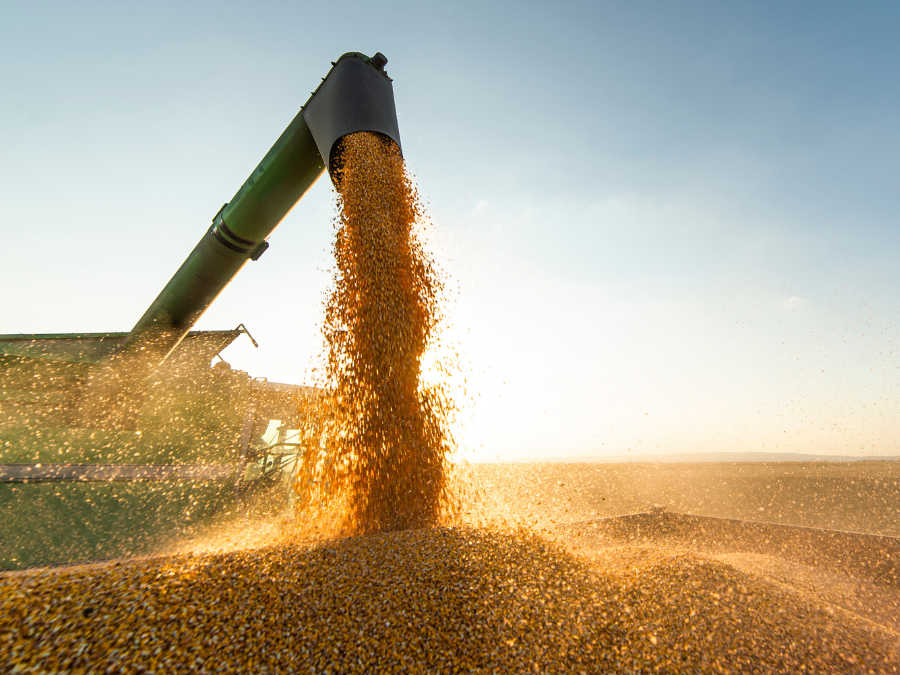Global food commodity prices increased in July due to the end of the Black Sea grain deal and India’s ban on non-basmati rice exports.
According to the FAO Food Index report, compiled by the Food and Agriculture Organization of the United Nations, food commodity prices rose by 1.3% in July compared to the previous month. However, prices were still down 11.8% from July 2022.
The index covers five commodity prices, including cereals, vegetable oils, meat, dairy, and sugar. It has risen from June’s figure, primarily driven by the decrease in cereal prices.
While the July index of 123.9 marked a significant drop from the all-time high in March 2022 due to the war in Ukraine, it still reflects the impact of the termination of the Black Sea Grain Initiative. This agreement allowed grain exports out of Ukrainian ports but was terminated on July 17.
In response to the termination, Russia warned that it would consider all ships heading to Ukraine across the Black Sea as possibly carrying military equipment. However, Ukraine’s President stated that the export operation would continue despite the termination of the deal.
The FAO report attributes July’s price increase to a sharp jump in the vegetable oil price index, specifically a 12.1% rise in international sunflower oil prices. This increase is linked to renewed uncertainties surrounding exportable supplies after the end of the Black Sea grain deal.
Additionally, the rice price index, part of the cereal index, increased by 2.8% in July and 19.7% compared to the previous year, reaching its highest level since September 2011. This rise follows India’s ban on non-basmati white rice exports to control prices and ensure availability ahead of the upcoming El Niño weather event.
The FAO emphasizes the food security concerns raised by the prohibition on rice exports, particularly for economically disadvantaged populations who allocate a larger share of their incomes to purchasing food.
While cereal prices dropped by 0.5% due to increased supplies from maize harvests in Argentina and Brazil, international wheat prices rose by 1.6% in July. This increase is driven by export uncertainties from Ukraine and ongoing dry conditions in North America.
The FAO’s meat price index decreased by 0.3% compared to the previous month, and the dairy price index fell by 0.4%, down 20.6% from 2022. Sugar prices also dropped by 3.9% due to improved weather in India and progress in Brazil’s sugarcane harvest. However, concerns about the impact of the El Niño phenomenon on sugarcane crops offset the decline.
The food industry, already affected by the climate crisis’s impact on crop supply, will closely monitor the latest El Niño developments, as they are likely to have lasting effects until 2024.




